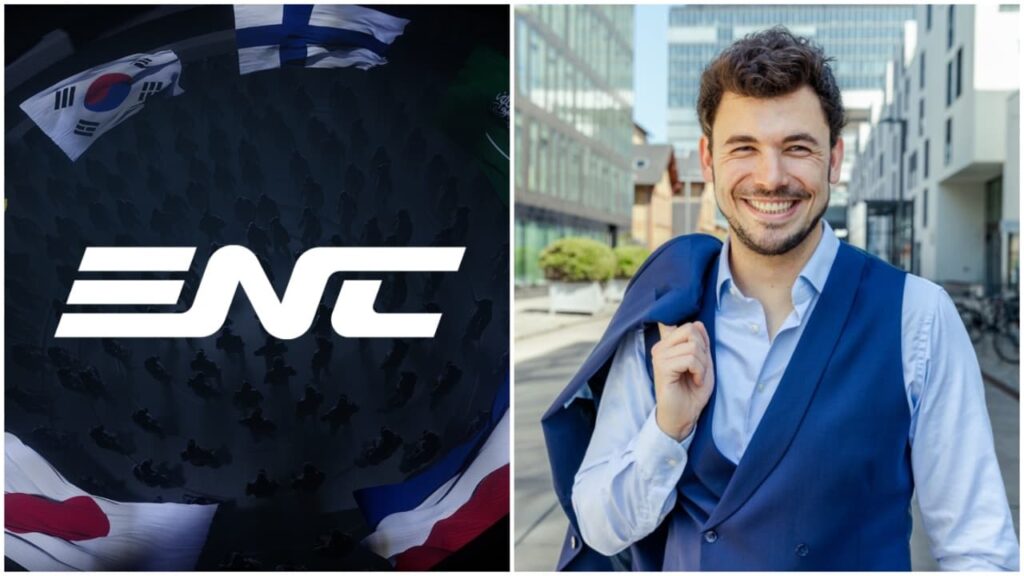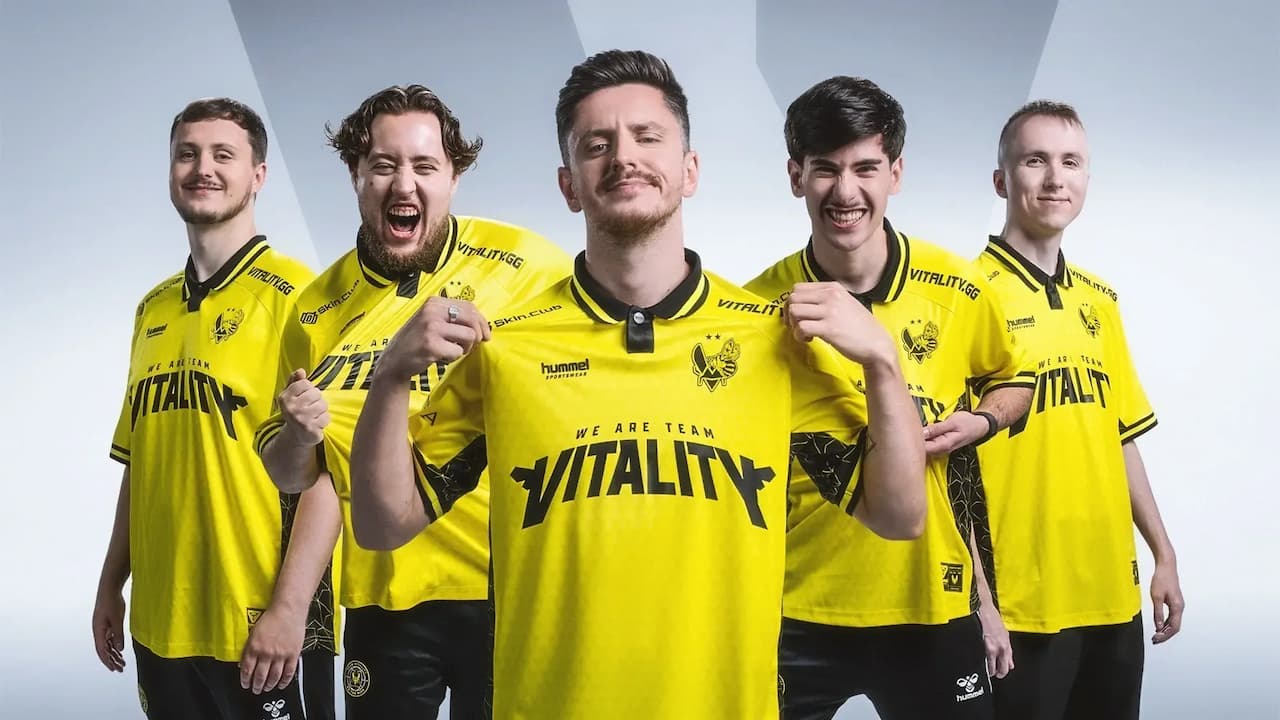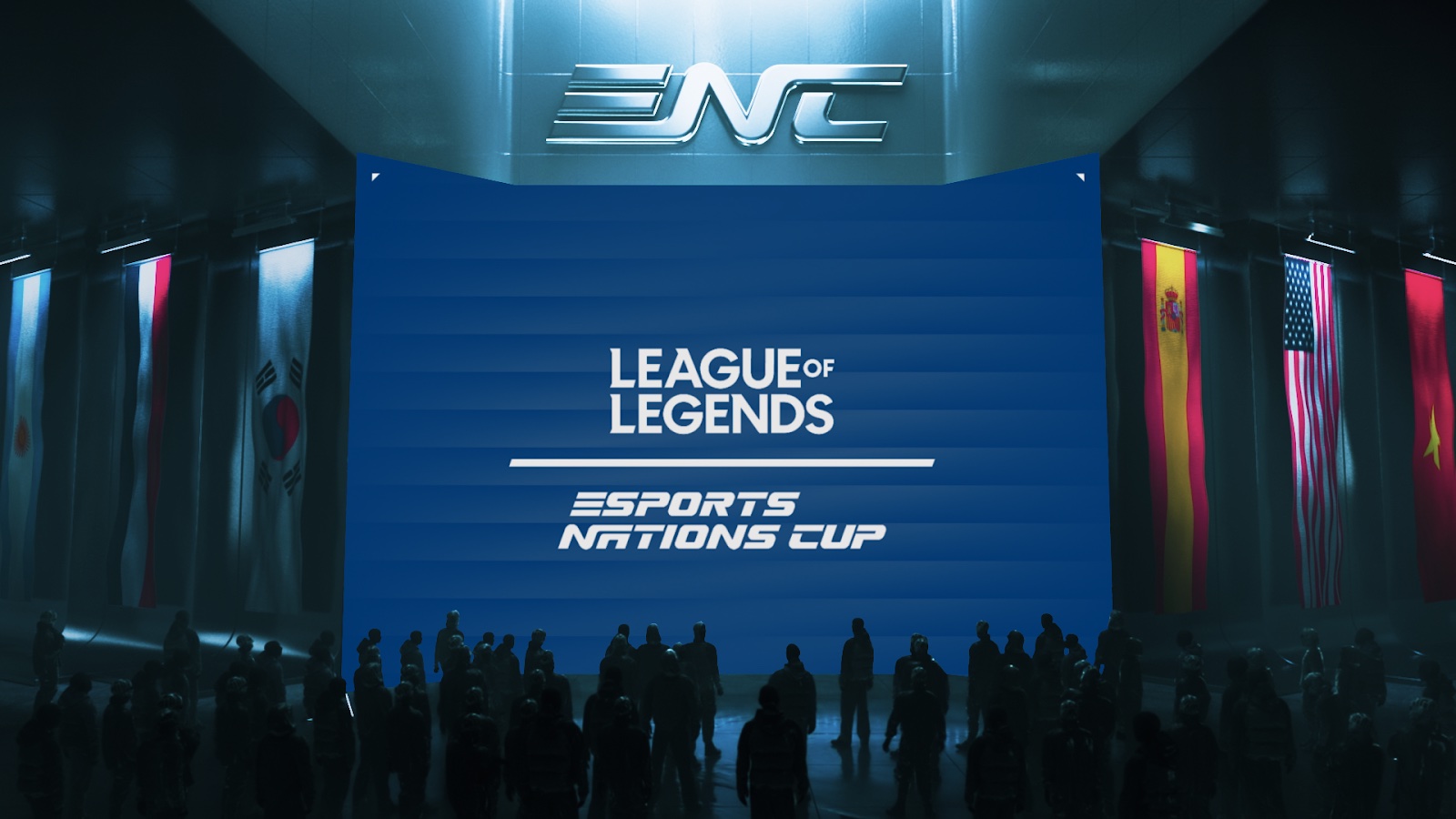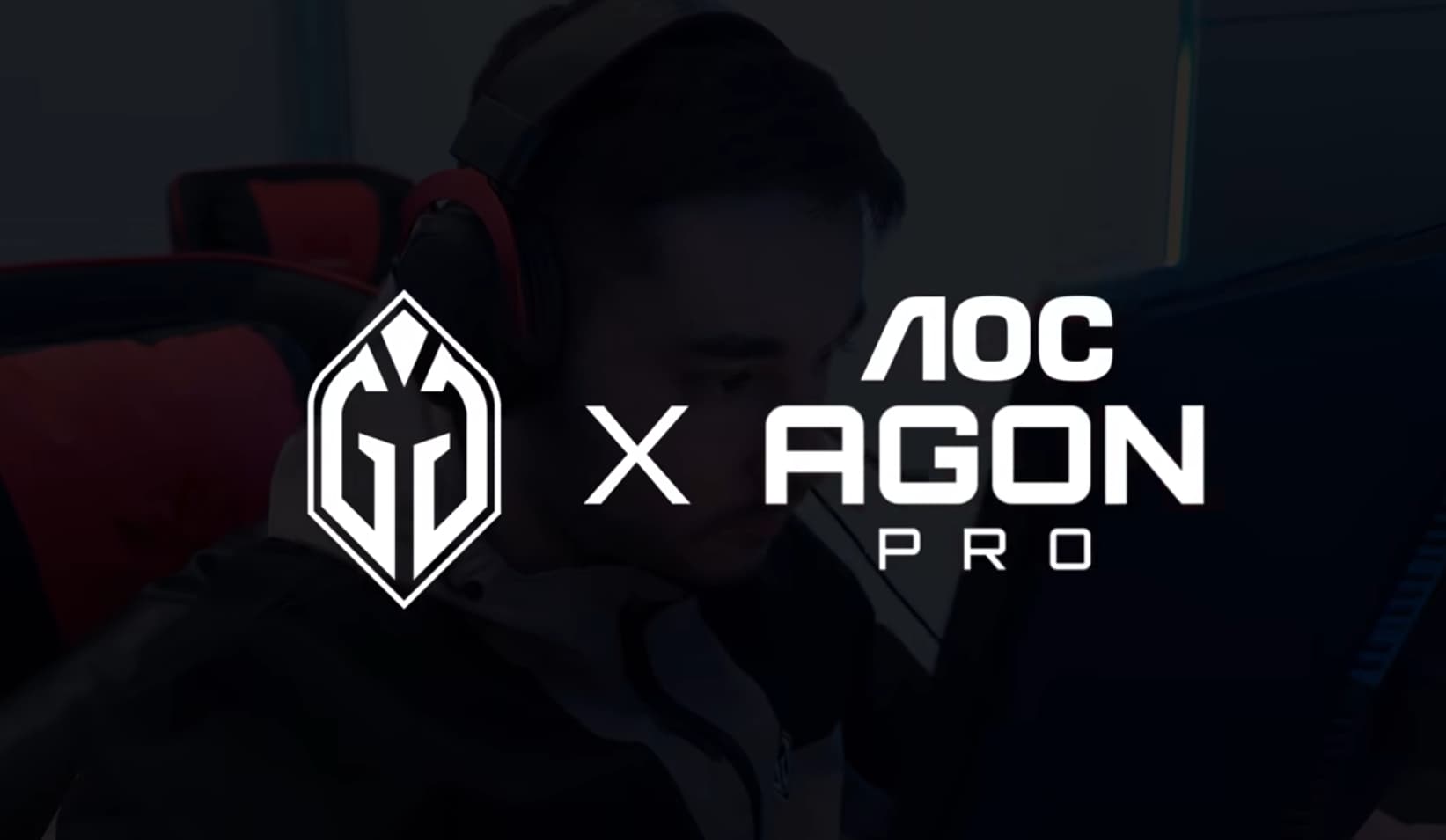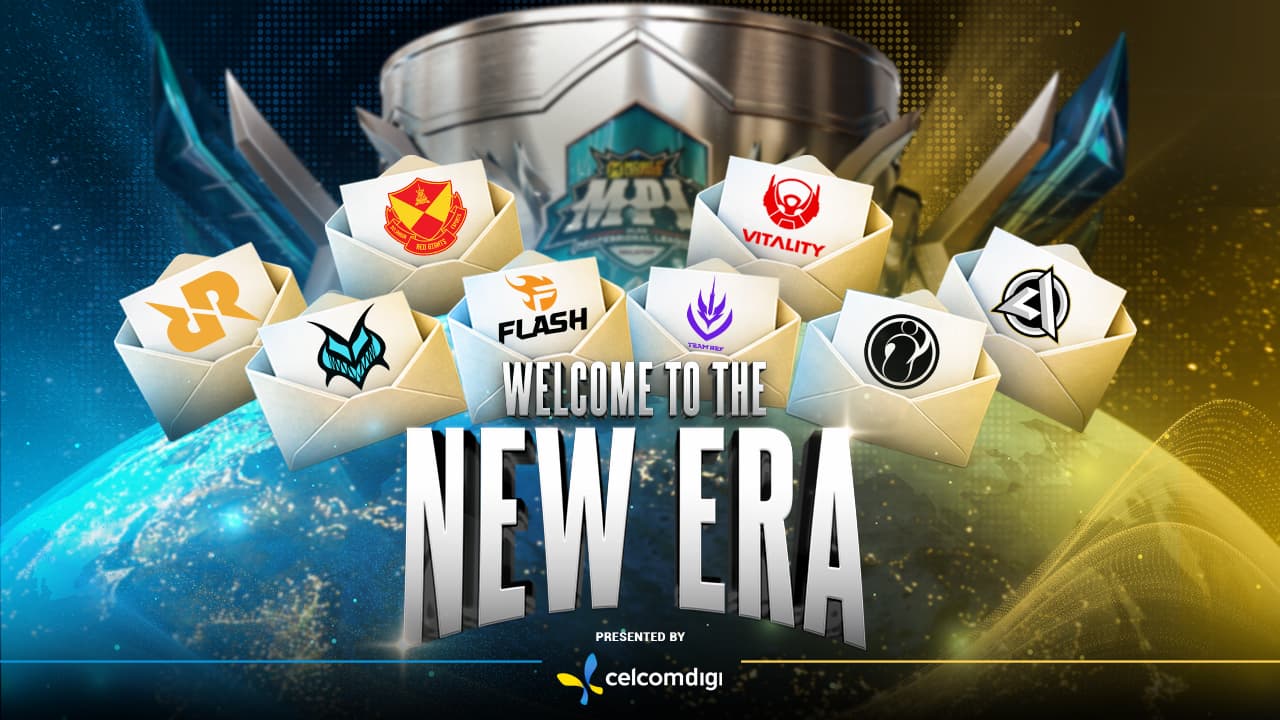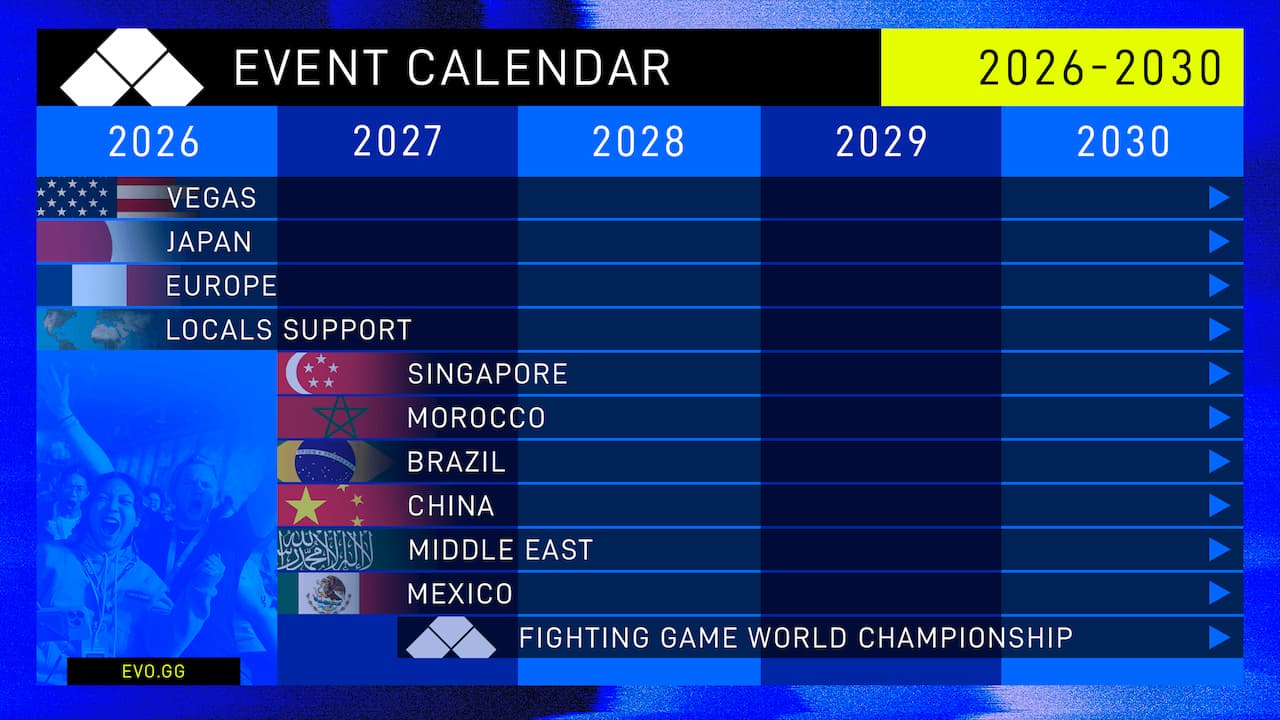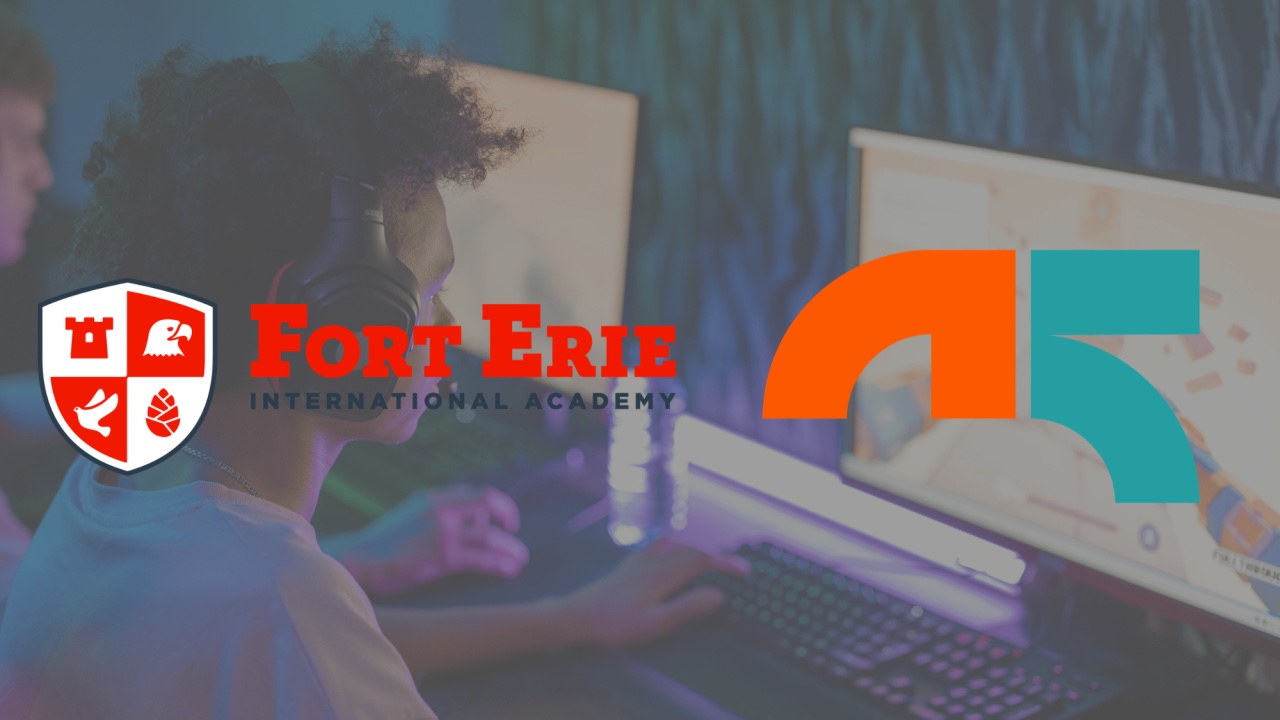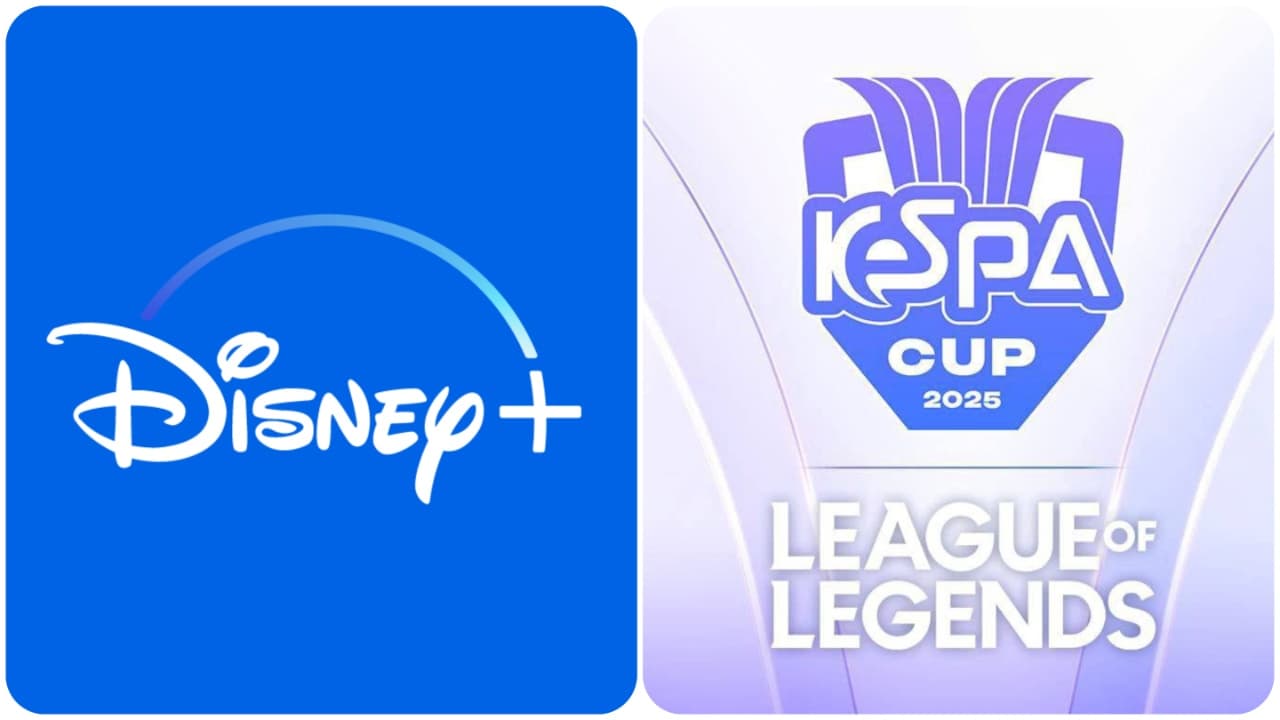Throughout 2025, murmurs of an ‘esports spring’ have rippled across the industry, as organizations slowly start to work their way back after an unforgiving ‘esports winter’. Now, a number of new job opportunities in the space suggest that may very well be the case.
In 2018, venture capital funding started to flood the esports scene, as the likes of the Overwatch League, Call of Duty League, and League of Legends’ esports properties commanded buy-in fees in the tens of millions of dollars, forcing the hands of organizations who wanted to be involved.
This meant that a lot of legacy brands in the space had to find funding or risk being ousted from the space entirely – and so find funding they did.
We saw Cleveland Cavaliers owner Dan Gilbert invest in 100 Thieves, NBA star Kevin Durant invest in Andbox, Premier League winner Virgil van Dijk invest in Tundra, and many more. VC firms saw an opportunity and grabbed it with both hands, bringing in big-name investors to join the ride as they took esports to the moon.
And while initially things looked positive, with jobs in abundance, players earning more than they ever had before, and a COVID-backed boom in the gaming livestreaming space, it didn’t take long for the metaphorical bubble to burst.

By 2023, the landscape had changed drastically. Where organizations had prioritized growth and investment over revenue, investors started to pull back. One study found that investment from VCs had dropped by 40% in 2022.
We saw mass layoffs among the top organizations in the space as well as developers and publishers like Riot Games and Activision. Some organizations even went bust entirely – the likes of The Guard and CLG didn’t survive the intense struggle to truly monetize their operations against the competition.
However, things seem to have changed in 2025. A slow upturn in partnerships across the industry, with brands seizing the opportunity to support esports at a time when it needs it most, has helped some companies stay afloat. The Esports World Cup, of course, has given some organizations a major prize figure to work towards, with the potential to win millions of dollars and offering a lifeline where these orgs may have been struggling.
Now, hiring trends show that the esports spring may be well and truly upon us, as a number of companies across the space are strategically hiring across core business areas to get back on course.
Ninjas in Pyjamas, who are celebrating their 25-year anniversary, are seeking a global partnership sales executive. Team Liquid are hiring for a Head of Business Development Sales in the Philippines. Fnatic want a Partnerships Lead in Japan, and FURIA looks for a Sales Executive.
BLAST are even hiring for a number of roles for their expansion into India, having only recently opened an office in New York City too.
There is a clear, heavy focus on commercial hiring across esports with one goal in mind: get the ship sailing in the right direction once again, and establish proper avenues to profit.

The brands mentioned – and countless others that we haven’t listed here – are looking to land sponsorship deals, build IP, create media deals, and secure partnerships with both endemic and non-endemic brands. While the money invested may not be VC level, it definitely shows a commitment to more long-term strategy around monetization efforts.
You don’t have to look far to find this strategy in action, either, with partnerships being announced every day between brands. For example OverActive Media, which owns the Call of Duty League’s Toronto Ultra as well as KOI, has recently renewed its partnerships with Blacklyte and AMD, and their business model is showing signs of success with a 37% year-on-year increase in revenue and a significant improvement in comprehensive loss.
While these efforts have long been evident throughout esports, the uptick in job listings looking to fill these roles is impossible to miss. There is now, perhaps more than ever, a pressure to become profitable and build not just a business but an industry that thrives without millions in VC dollars.
In some ways, this is a symbol of the maturation of the esports ecosystem: we had the fun formative years in the early 2010s, the boom of the late 2010s, and the esports winter that took many jobs. The industry has experienced a lot in the last 10-15 years, and perhaps the push towards more partnership, sales, or biz dev jobs is an indication of esports attempting to stabilize itself.
Only time will tell exactly how this pans out. The goal, of course, is sustainability in an industry that has had absolutely everything thrown at it. There are major brands leading the way, finding revenue in what has been a difficult market, but perhaps those ‘esports spring’ whispers will start being shouted before long.






